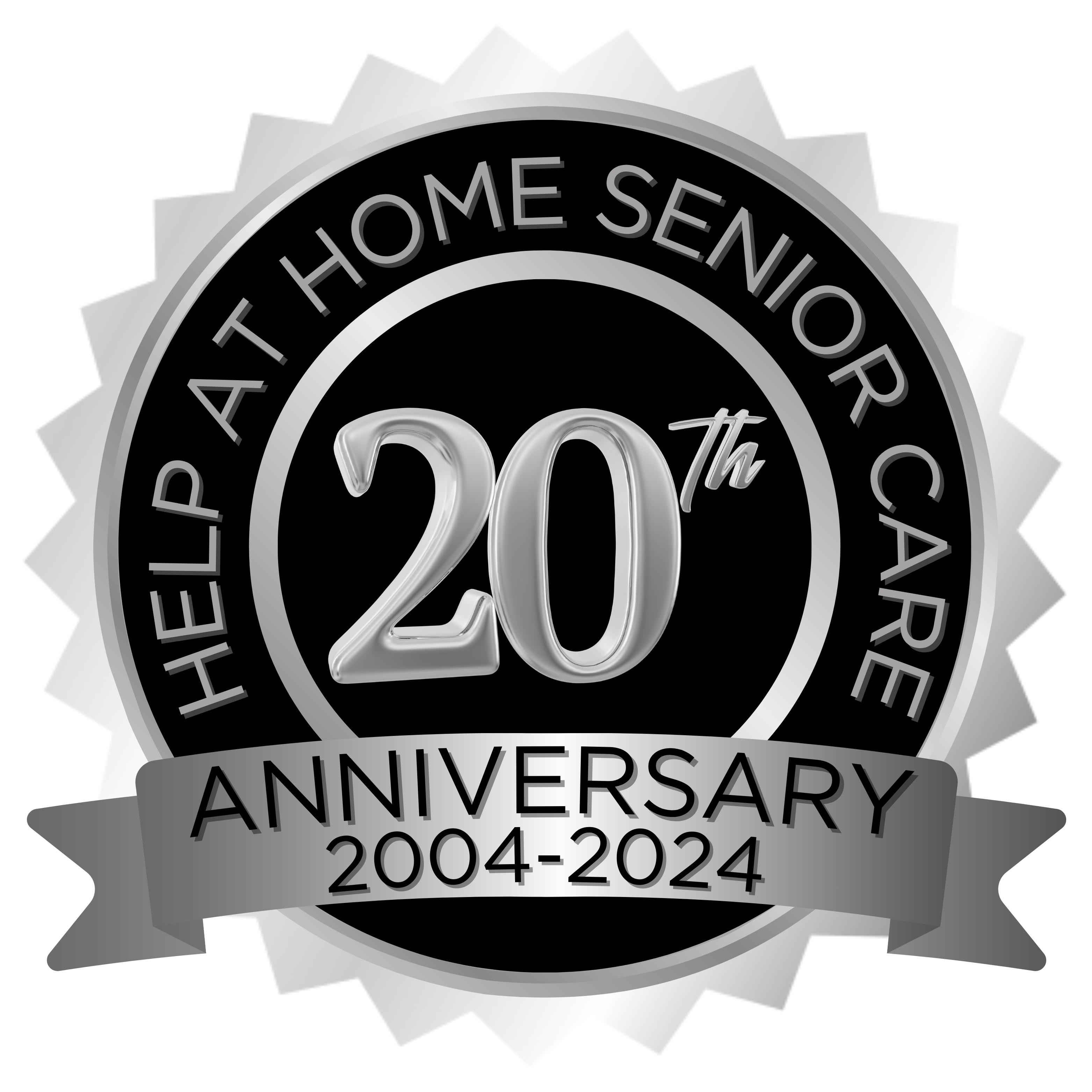Senior living options range from independent living for self-sufficient seniors to assisted living, memory care, and group homes offering varying levels of support in community or home-like settings.
Independent Living (IL) is a type of housing for older adults who are capable of living on their own without requiring assistance with daily activities. Residents do not receive personal care services. Ideal for individuals who are able to manage their daily needs independently but want the convenience and social opportunities of community living.
Assisted Living (AL) is a type of housing designed for individuals who need some help with daily activities, such as bathing, dressing, meal preparation, but still maintain a level of independence. Residents in assisted living communities typically live in private apartments and have access to shared services and amenities.
Memory Care (MC) is a specialized type of care designed for individuals with Alzheimer’s disease, dementia, or other memory-related conditions. It provides a safe, structured environment where residents receive around-the-clock care and support tailored to their cognitive needs. Communities are staffed by professionals trained to manage the unique challenges of dementia and memory loss, such as confusion, difficulty communicating, and behavioral changes.
Group Homes are a blend of AL and MC in a smaller, home-like setting. They provide personalized care with a higher staff-to-resident ratio, making them a good option for individuals who need more support in a quieter environment.
